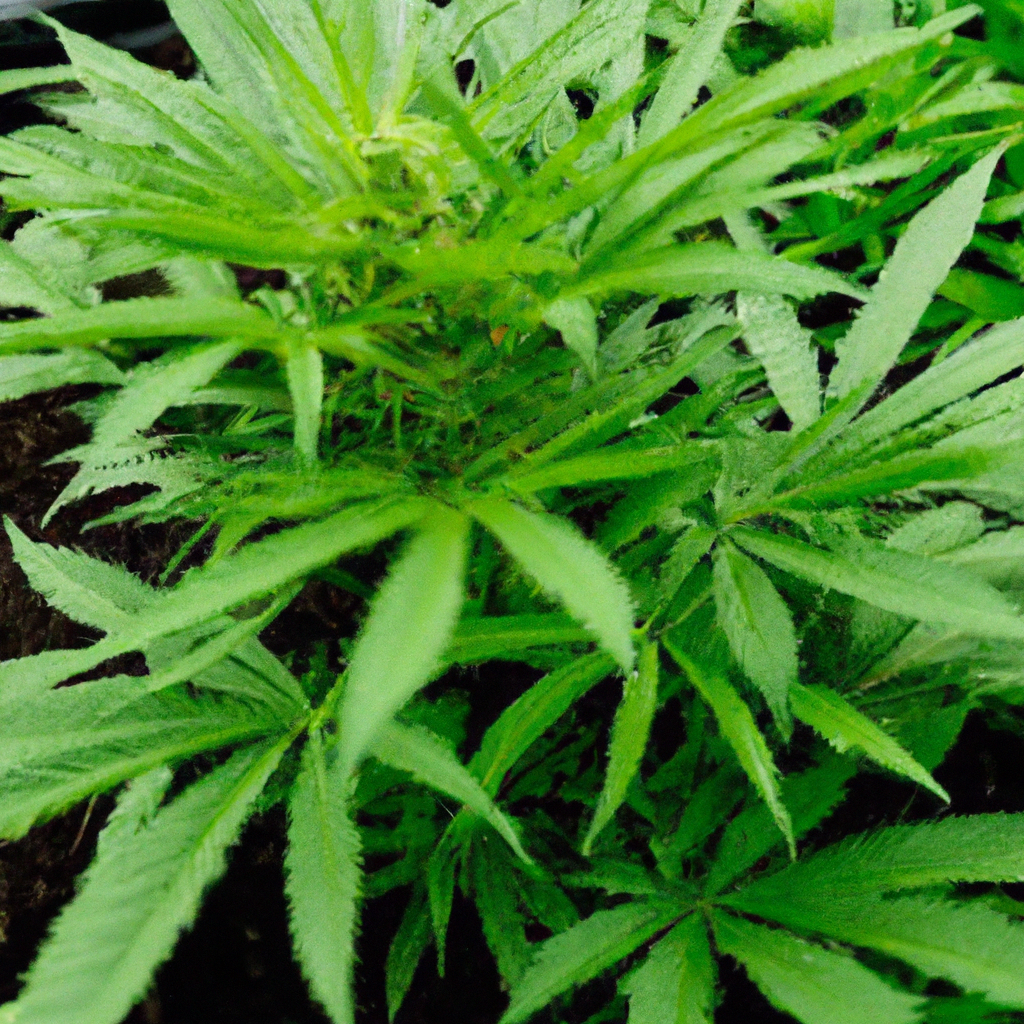Your cart is currently empty!
Embarking on the journey of organic cannabis cultivation is not just about growing plants; it’s about nurturing a thriving ecosystem. Unlike conventional growing methods reliant on synthetic chemicals, organic growing leverages natural compounds and ecological harmony. Let’s explore how you can enhance your organic cannabis garden while benefiting both the environment and consumers.
Nourishing Your Soil Naturally
A successful organic cannabis cultivation starts with enriching your soil. Healthy, organic soil is teeming with life, including beneficial microbes and worms that aid in plant growth. By using natural fertilizers such as compost, bat guano, and worm castings, you enrich your soil with essential nutrients.
- Compost: This nutrient-rich substance acts like a superfood for plants, improving soil structure, moisture retention, and nutrient content.
- Worm Castings: Often referred to as “black gold,” these provide nitrogen, potassium, and phosphorus, which are vital for robust plant growth.
- Bat Guano: Known for its high phosphorous content, it is excellent during the flowering phase of cannabis growth.
Natural Pest Control Strategies
Maintaining a pest-free garden without harming beneficial insects is key to organic growing. Integrated Pest Management (IPM) offers a sustainable way to manage pests:
- Companion Planting: Planting clover, marigolds, or basil can repel pests and attract beneficial insects.
- Neem Oil: A natural pesticide that prevents insects from reproducing and feeding on your plants.
- Beneficial Insects: Introducing ladybugs and predatory mites can help naturally manage aphids and other pests.
Promoting Sustainability in Your Garden
Organic gardening practices inherently promote sustainability by reducing reliance on synthetic inputs and focusing on renewable resources. Here are several practices for a sustainable grow:
- Water Conservation: Use drip irrigation and mulch to minimize water waste and retain soil moisture.
- Crop Rotation: Rotate cannabis with other soil-conserving plants to prevent nutrient depletion.
- Solar Power: Utilize solar panels to power garden operations and reduce carbon footprint.
Environmental and Consumer Benefits
Organic cannabis not only supports a healthier planet but also offers numerous benefits to consumers. By nurturing a plant in harmony with nature, you ensure eco-friendly production and deliver a product devoid of harmful chemicals, appealing to health-conscious consumers.
Conclusion
Organic cannabis cultivation hinges on the symbiotic relationship between plants and their ecosystem. By focusing on soil health, natural pest management, and sustainable practices, growers can produce cannabis that is not only beneficial for consumers but also for the Earth. Start your organic journey today and cultivate a garden that gives back to its surroundings.


Leave a Reply